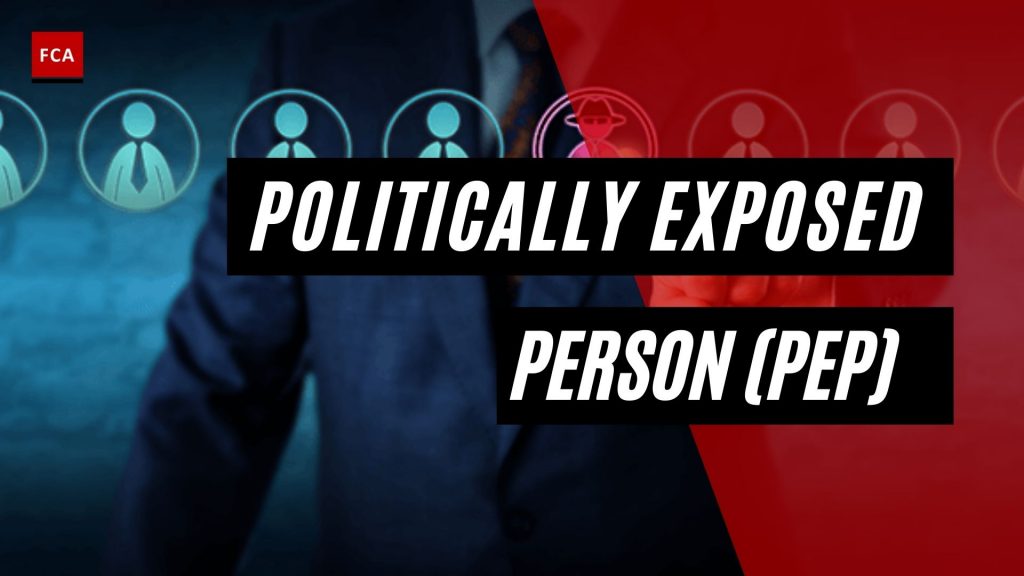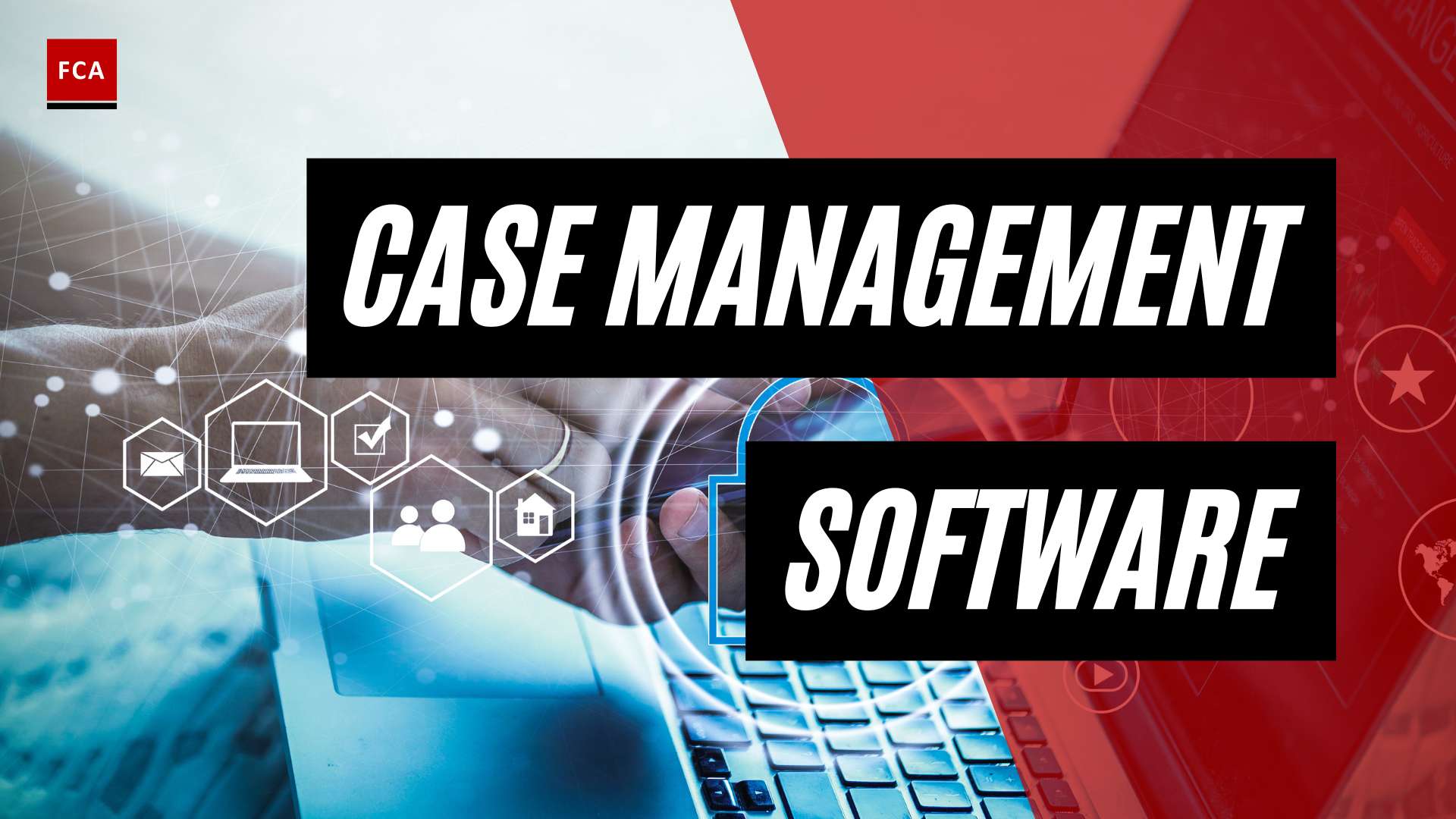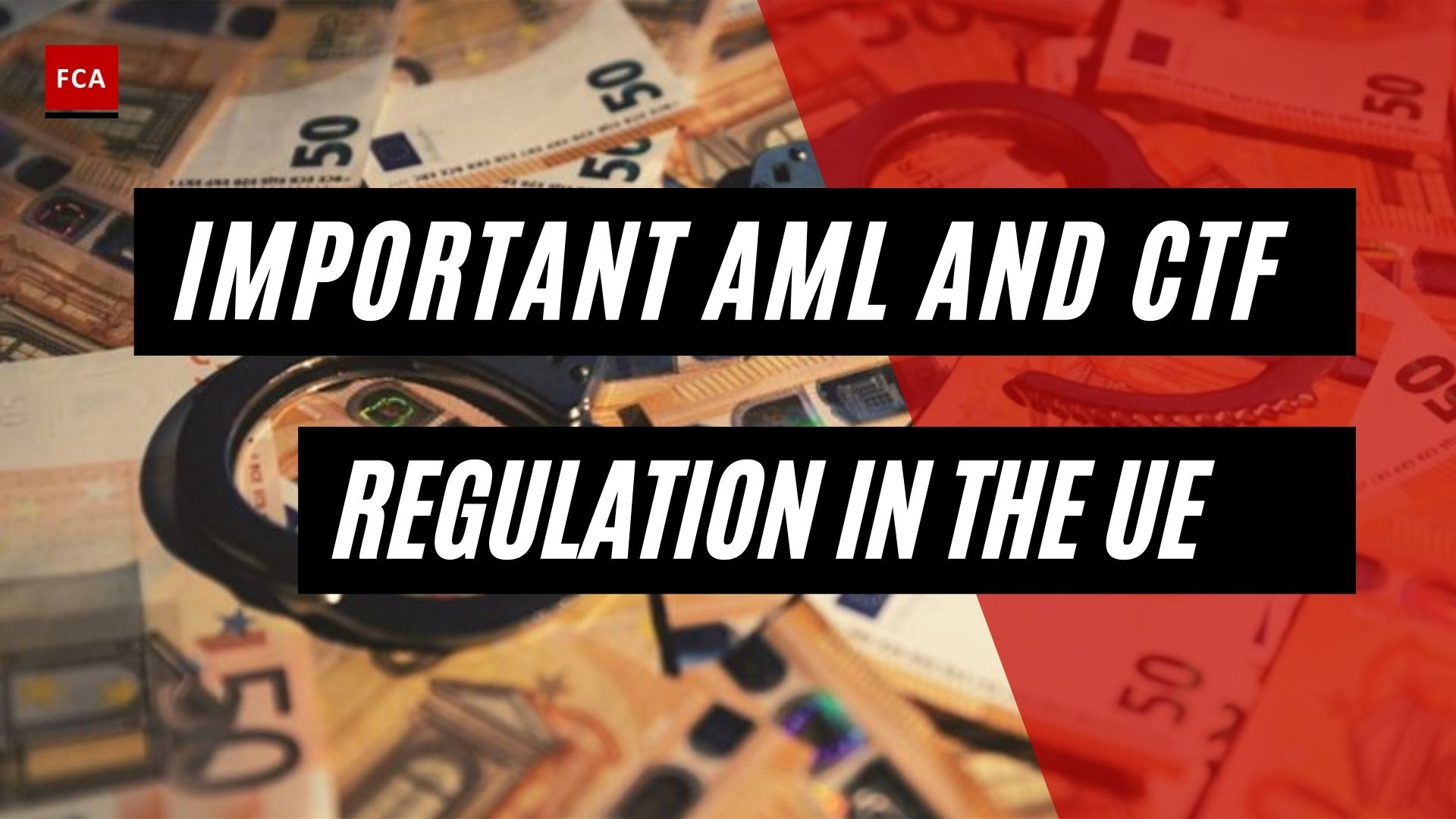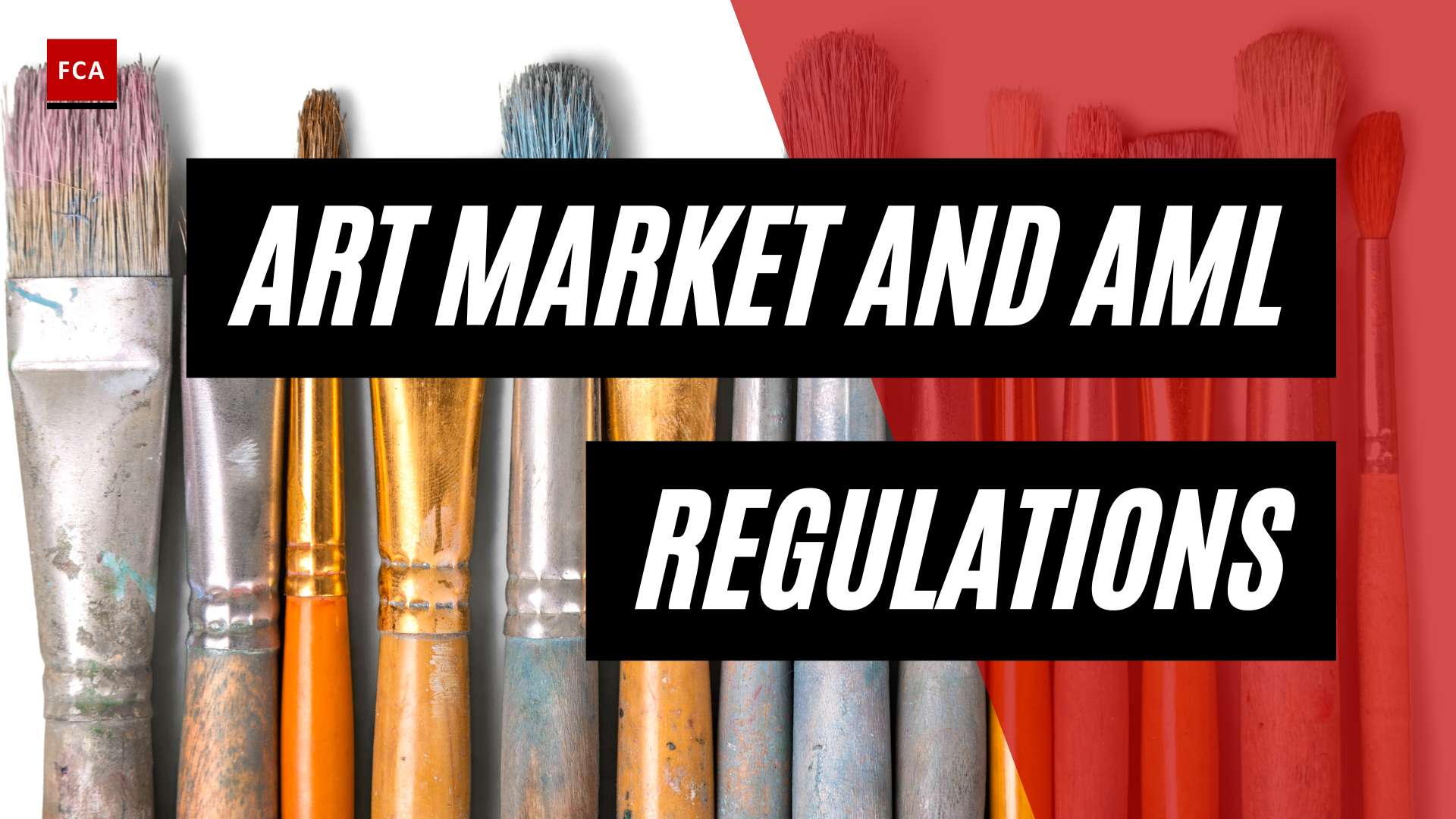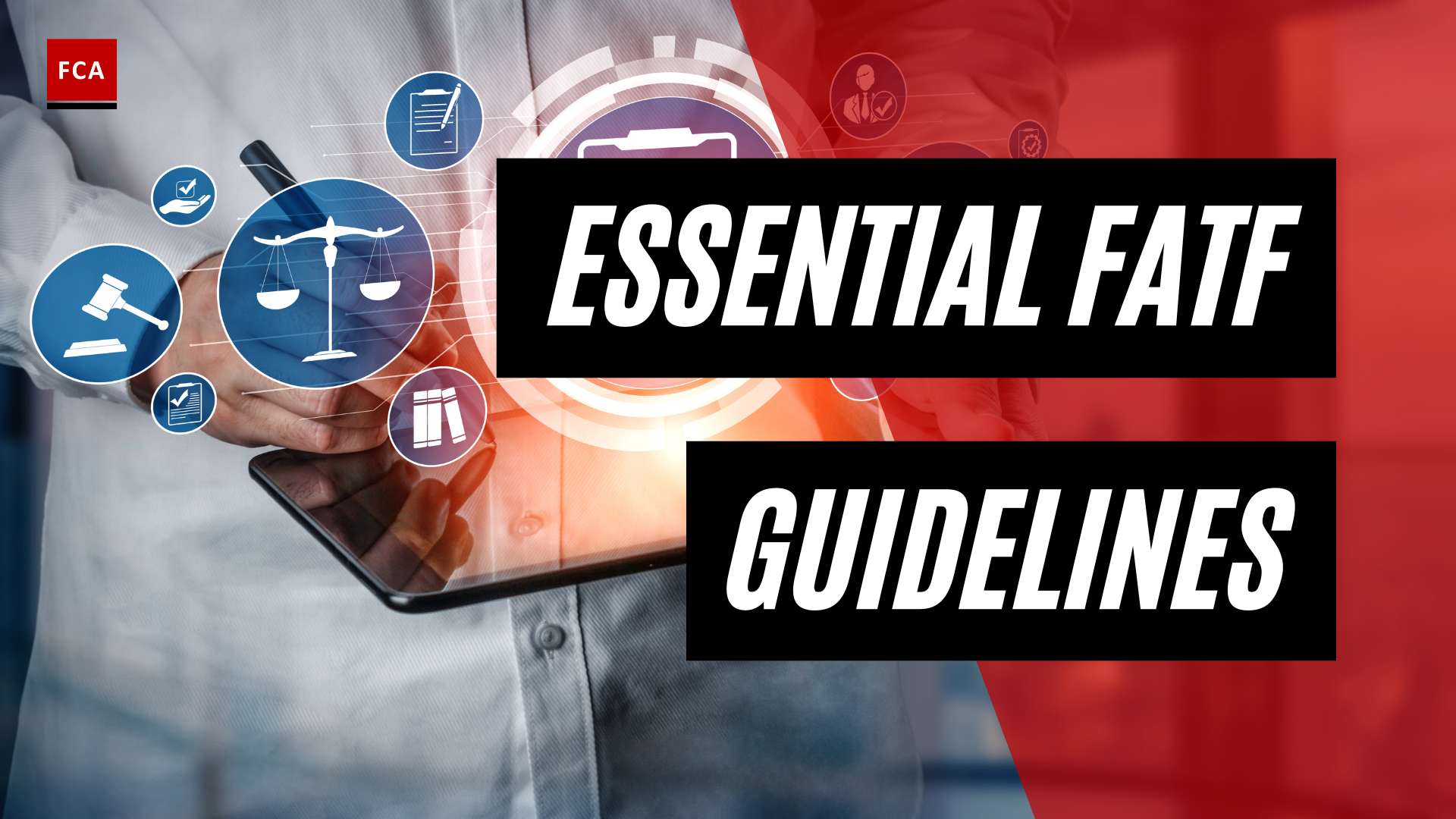Subsequentially to any form of customer due diligence, you will most likely have to deal with a group of customers called politically exposed persons or PEPs.
A PEP is nothing more than an individual. An individual that has been entrusted with a prominent public function or political role.
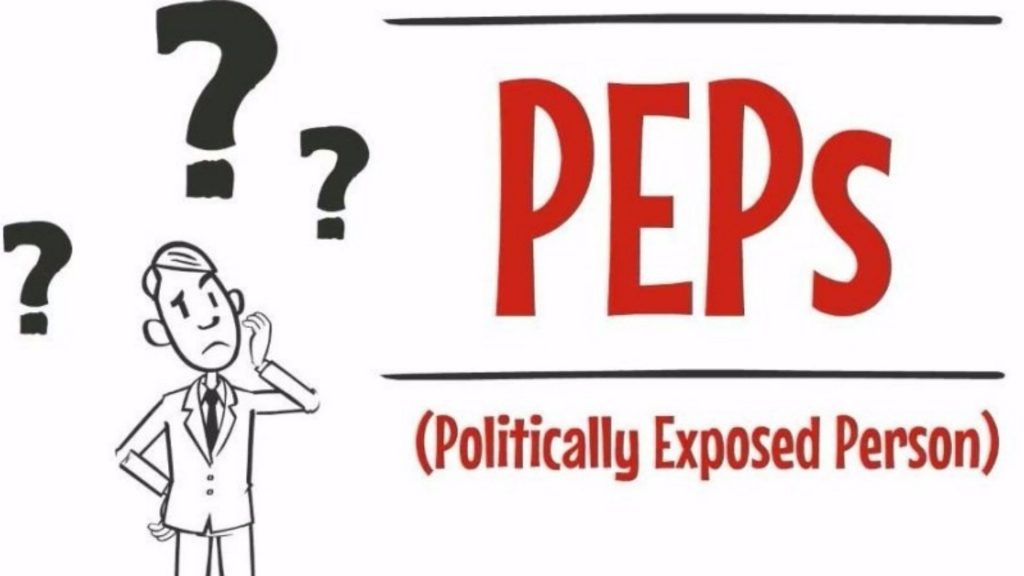
What is a PEP / Politically Exposed Persons?
A politically exposed person (PEP) is someone who has a high-profile political role or has been entrusted with a prominent public function. Because of their position, they are more likely to be involved in money laundering and/or terrorist financing.
Why should this be of money laundering concern? These individuals’ positions can be abused to launder illicit funds or other predicate offenses such as corruption or bribery. Generally speaking, it is true that having PEPs as customers or doing business dealings with PEPs represents a higher money laundering risk for organizations. Examples in which politicians or their associates abuse their positions for money laundering purposes are manifold. You have to look no further than at the Panama Papers; this is quite a rich resource for such examples. Over 140 politicians from 50 countries have been implicated in the Panama Papers.
Defining a Politically Exposed Person
The term “politically exposed person,” which is sometimes used interchangeably with “Senior Foreign Political Figure,” emerged in the late 1990s in the aftermath of the Abacha Affair, a money-laundering scandal in Nigeria that galvanized global efforts to prevent political figures from abusing the financial system.
Qualifying as a PEP is one of the drivers for a customer to require enhanced due diligence. These customers will automatically be treated as high-risk customers. The circumstance that organizations such as banks and financial institutions have to apply enhanced due diligence on PEPs means that they have more effort to have PEPs as customers.
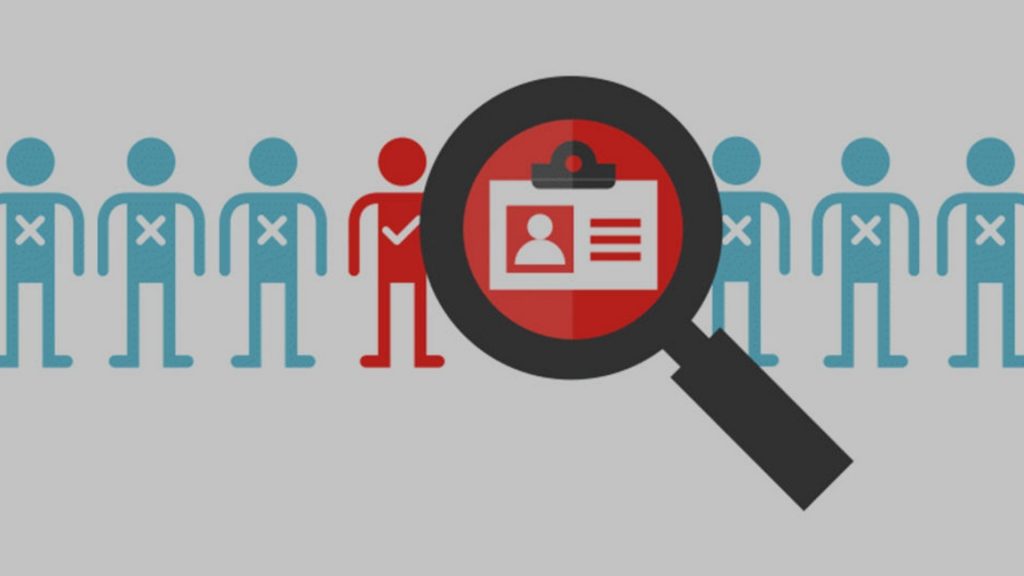
Elements Of Politically Exposed Person
The enhanced due diligence measures that have to be applied to PEPs contain 4 elements.
The first of these elements cannot be counted because it is the requirement to identify PEPs. How do you do this? There are many different databases in place that list persons with current or previous political roles or other prominent functions. In practice, though, something is interesting going on.
Because banks want to avoid any regulatory fines, they sometimes tend to over comply regulatory requirements. For some banks, the PEP status of an individual never expires. So, let’s say one of their customers was a member of a country’s parliament 20 years ago. Some banks still treat them as PEPs and therefore need to apply enhanced customer due diligence.
And then there is something else that is quite interesting to note. Some countries are extending the regulatory scope of PEPs to their close associates and immediate family members. Regarding associates, anyone who has a close business relationship with a PEP is also a PEP. The next consecutive question is, what is a close business relationship? This can also differ depending on the prudent regulators’ expectations and also from bank to bank. For some, a person has joint beneficial ownership of legal entities or legal arrangements with a PEP.
For others, a person is the sole beneficial ownership of a legal entity known to have been set up for the benefit de facto of the PEP. The PEP definition can also be including immediate family members who, in turn, are also considered PEPs. This includes parents and children of PEPs, spouses or partner, siblings, and other. Determining who is a PEP and who isn’t is a science in itself.
Once a PEP is identified, enhanced due diligence measures need to be applied. These are the other three elements of what to do with PEPs. The actions that need to be taken are obtaining senior management approval for establishing or continuing such business relationships, taking reasonable measures to establish the source of wealth and source of funds, and conducting enhanced ongoing monitoring of the business relationship.

Politically Exposed Person Brief History
PEP-specific compliance legislation addresses the link between government corruption, money laundering, and terrorism financing. Since September 11, 2001, more than 100 countries have changed their financial services regulation laws to combat political corruption.
Financial institutions have been fined heavily for doing business with PEPs without following proper procedures, as in the case of Riggs Bank .
Despite regulations, political leaders such as Muammar Gaddafi and Hosni Mubarak made headlines in 2013 for freezing assets in US banks that did not adhere to due diligence .
Final Thoughts
Politically exposed person (PEP) status does not predict criminal behavior, but the increased risk exposure it brings necessitates additional AML/CFT measures when establishing a business relationship. This also implies that these institutions must conduct ongoing monitoring to ensure that they do not overlook any changes in a PEP’s risk profile. The requirements for PEP monitoring are preventative in nature and should not be interpreted as evidence of criminal behavior.

